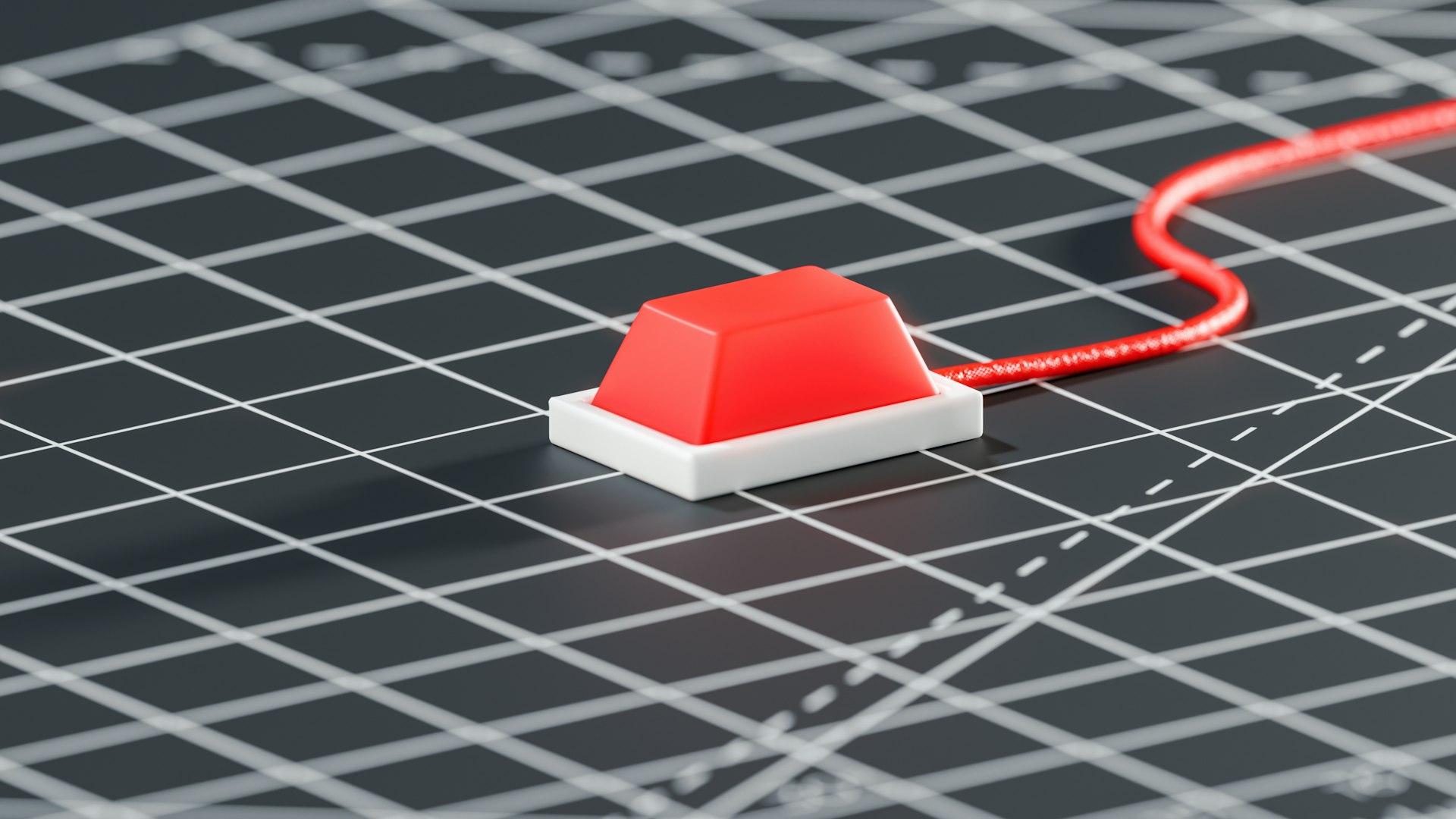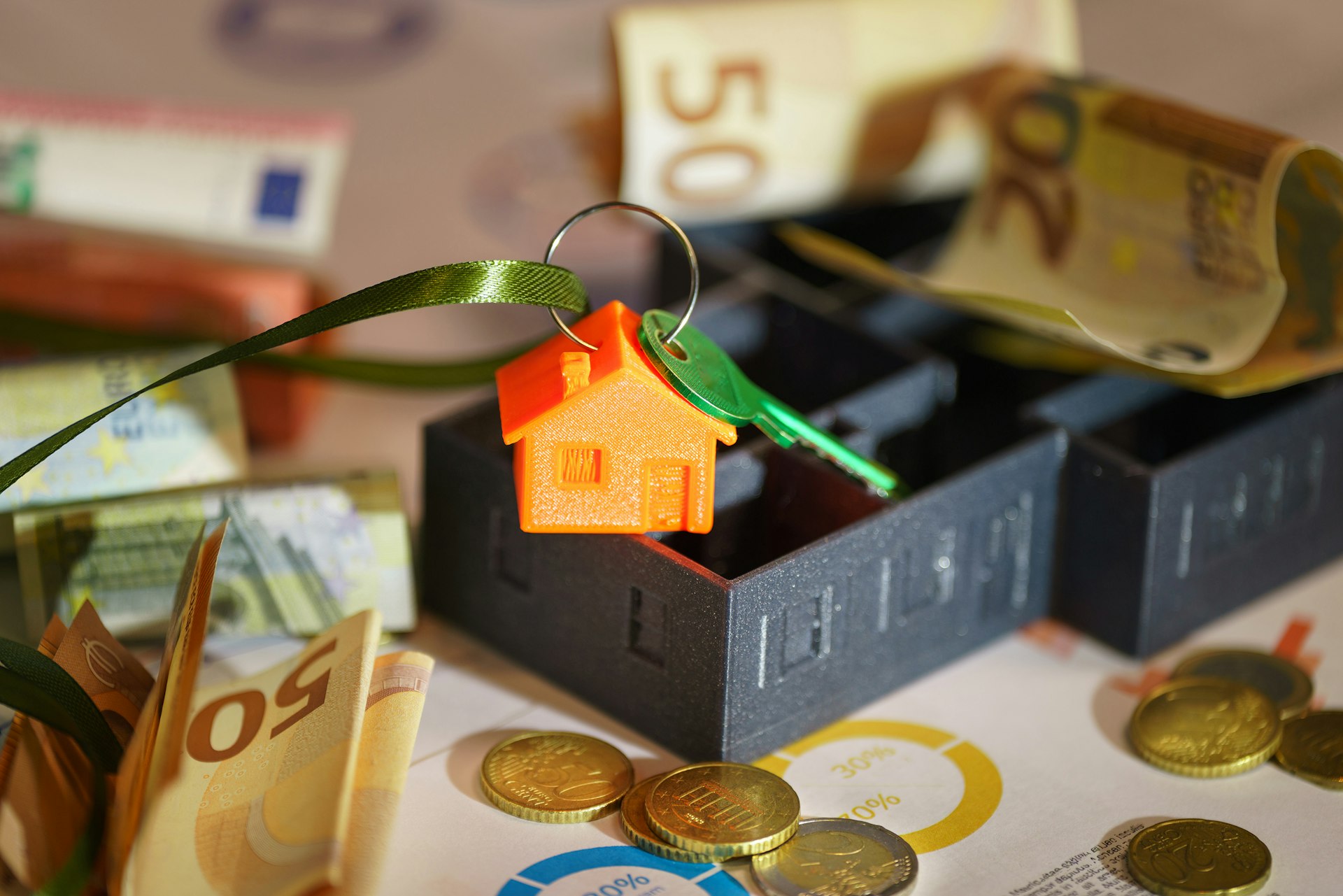Smart City Development: Transforming Real Estate for a Connected Future

Photo by Carolyn on Unsplash
Introduction: The New Era of Urban Living
Urban landscapes worldwide are experiencing a monumental shift, driven by the rise of smart city development. These cities utilize advanced technology, sustainable practices, and integrated planning to enhance quality of life, increase efficiency, and create robust economic opportunities. For real estate professionals, investors, and residents, understanding how smart city development shapes the future of real estate is essential to navigating and thriving in this rapidly evolving environment. [2]
How Smart Cities are Revolutionizing Real Estate
Smart cities employ a digital infrastructure often described as an urban nervous system. Technologies such as the Internet of Things (IoT), artificial intelligence (AI), and big data analytics are integrated into every facet of the built environment. This allows for real-time monitoring of energy consumption, air quality, occupancy, and security, transforming how properties are managed and valued. [3]
For example, IoT-enabled sensors in smart buildings can monitor lighting and ventilation, adjusting conditions to optimize energy usage and comfort. Citywide, these systems can track water consumption, manage waste, and even provide predictive maintenance for public infrastructure. The result is a highly responsive, efficient, and sustainable urban ecosystem.
In Singapore, the “Virtual Singapore” initiative uses a real-time 3D digital twin of the city to simulate infrastructure projects and population movements, leading to more informed and efficient city planning. [3]
Sustainability and Green Building Standards
Environmental sustainability is a core principle of smart city development. Real estate projects now increasingly prioritize green building certifications, such as LEED (Leadership in Energy and Environmental Design), which reward designs that minimize carbon emissions and promote renewable energy use. [1] Developers are incorporating solar panels, energy-efficient appliances, and sustainable materials to appeal to eco-conscious buyers and investors. These features not only reduce environmental impact but also lower operating costs over the long term.
For those looking to access or invest in green real estate, consider searching for properties with LEED or similar certifications, or connect with local real estate professionals experienced in sustainable projects. You may also find value in attending city planning meetings or sustainability expos, where upcoming eco-focused developments are often announced.
Mixed-Use Developments: The Heart of Smart Communities
Another hallmark of smart city development is the rise of mixed-use projects, which blend residential, commercial, and recreational spaces into a single, walkable community. [2] [5] These developments offer residents easy access to shopping, entertainment, workspaces, and green areas without the need for long commutes.
For example, many new urban districts are being designed with open plazas, community centers, retail shops, and transit hubs all within walking distance of homes. This approach not only improves quality of life but also increases property values by making neighborhoods more desirable for families, young professionals, and retirees alike.
If you’re interested in living in or investing in a mixed-use smart community, reach out to local real estate agencies specializing in urban developments, or use major property listing platforms to search for “mixed-use” or “smart city” projects in your preferred area.
PropTech: The Technology Behind Smart Real Estate
The real estate industry is embracing PropTech-property technology-to streamline transactions, enhance property management, and improve customer experience. [4] Tools such as virtual reality tours, automated valuation models, and real estate management platforms are becoming standard. Blockchain technology is being explored for secure, transparent transaction records, while big data analytics help investors and developers make informed decisions about emerging markets and property values.
For buyers and sellers, embracing these technologies means faster transactions, more accurate property assessments, and enhanced transparency. For developers, PropTech can offer predictive analytics on market trends, helping to identify optimal locations and features for new projects. To leverage PropTech, consider connecting with tech-forward real estate agencies or exploring industry platforms that offer these digital services.
Challenges and Solutions in Smart City Real Estate
Despite the promise of smart cities, there are challenges to consider. The initial costs of implementing advanced infrastructure and green technology can be substantial, potentially raising property prices. Data privacy and cybersecurity also become crucial concerns as more personal and operational data is collected and processed. [3]
To address these challenges, cities and developers often seek public-private partnerships, government incentives for green building, and collaboration with technology providers. Residents and investors should look for projects that transparently address data security and sustainability, and consider consulting with independent experts before making major investments.
How to Access Smart City Real Estate Opportunities
Opportunities in smart city development can be accessed through several pathways:
- Direct Investment: Work with local real estate agencies to identify new smart city or mixed-use projects in your area. Attend property expos or city planning meetings to learn about upcoming developments.
- Green Certification Programs: Search for properties with green building certifications. Consult with sustainability consultants or local government planning departments for guidance on certified projects.
- PropTech Platforms: Use established property technology websites and apps to access virtual tours, digital transaction services, and market analytics. When choosing a platform, verify its credibility by checking for industry affiliations or partnerships with major real estate firms.
- Public Information: Search official city government websites for announcements on smart city initiatives or new urban planning projects. Engage with local community organizations focused on urban development and sustainability.
For more detailed guidance, you can:
- Contact your city’s Department of Urban Development or Planning for information on smart city initiatives and real estate opportunities.
- Use search terms like “smart city real estate projects [your city]” or “mixed-use development opportunities [your area]” on reputable property listing platforms and official government websites.
- Reach out to local chapters of the Urban Land Institute (ULI) or similar organizations for expert advice on sustainable and technology-driven developments.
Case Studies: Global Examples of Smart City Real Estate
Several cities offer real-world examples of how smart development is transforming real estate:
- Barcelona: The city has implemented widespread IoT sensor networks to monitor air quality, traffic, and public services, directly boosting residential demand and property values. [3]
- Singapore: With its “Virtual Singapore” platform, city officials use live data to plan and optimize new developments, supporting sustainable growth and efficient infrastructure investments. [3]
- United States: Cities like San Francisco and New York are piloting energy-efficient buildings, green roofs, and mixed-use districts to foster vibrant, walkable communities and attract tech-savvy buyers. [1]
Key Takeaways and Next Steps
Smart city development is redefining the real estate landscape through sustainability, technology integration, and mixed-use planning. While challenges exist, the opportunities for residents, investors, and developers are significant. To get involved:
- Stay informed about new developments by following city planning departments and reputable real estate platforms.
- Seek out properties that prioritize green certifications and advanced digital features.
- Consult with professionals specializing in smart city real estate for personalized guidance.
By proactively engaging with these trends and seeking expert advice, you can successfully navigate and capitalize on the evolving world of smart city real estate.

Photo by NHN on Unsplash
References
- [1] Hotbot (2025). Top Trends In Property Development For 2025.
- [2] DSR Infra (2025). Smart Cities and Their Impact on Future Real Estate Development.
- [3] McClatchy (2025). How Smart Cities are the Future of Urban Real Estate.
- [4] Sloboda Studio (2025). 15 Disruptive Real Estate Technology Trends in 2025.
- [5] Rentastic (2025). The Future of Real Estate Development: What Trends Will Dominate in 2025?
MORE FROM searchhole.com













